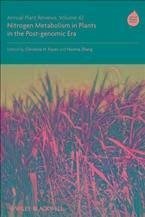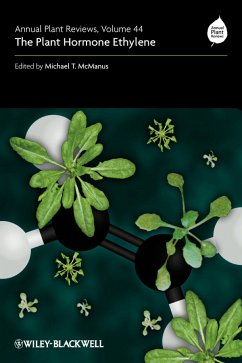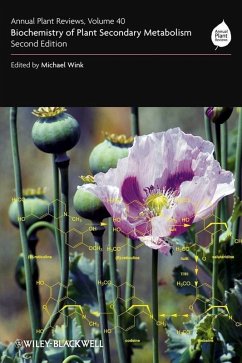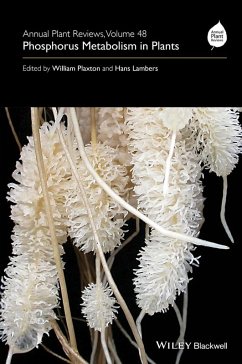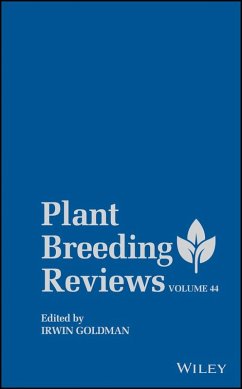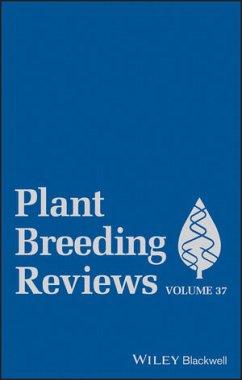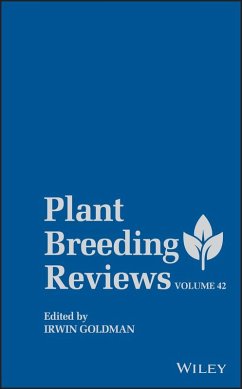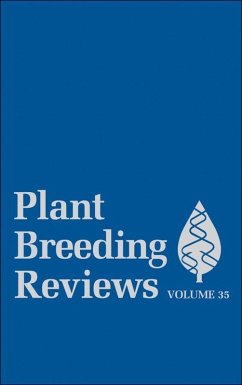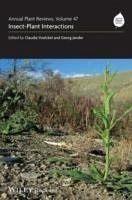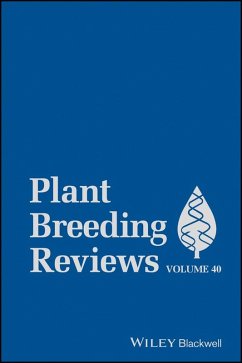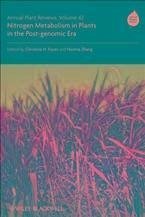
Annual Plant Reviews, Volume 42, Nitrogen Metabolism in Plants in the Post-genomic Era (eBook, ePUB)
Versandkostenfrei!
Sofort per Download lieferbar
172,99 €
inkl. MwSt.
Weitere Ausgaben:

PAYBACK Punkte
0 °P sammeln!
The field of plant nitrogen metabolism continues to be a compelling focus for basic research activities because there is a strong demand for immediate solutions, particularly in key areas, such as improving plant nitrogen use efficiency, which are crucial to future agricultural sustainability and the future economic success of agriculture. The 13 reviews which comprise this excellent and carefully edited new volume bring together the expertise and enthusiasm of an international team of leading researchers. Topics covered include nitrogen sensing and signalling, uptake and membrane systems, nit...
The field of plant nitrogen metabolism continues to be a compelling focus for basic research activities because there is a strong demand for immediate solutions, particularly in key areas, such as improving plant nitrogen use efficiency, which are crucial to future agricultural sustainability and the future economic success of agriculture. The 13 reviews which comprise this excellent and carefully edited new volume bring together the expertise and enthusiasm of an international team of leading researchers. Topics covered include nitrogen sensing and signalling, uptake and membrane systems, nitric oxide, primary nitrogen assimilation and C/N balance and interactions, and regulation of root and plant architecture. Together, these reviews provide an insight into how plants sense, uptake and assimilate nitrogen into the organic compounds required for growth, co-ordinate nitrogen and carbon metabolism and regulate growth and development according to nitrogen availability. The transcription factors that act to integrate environmental nutrient (nitrogen) signals to co-ordinate primary and secondary metabolism are discussed, together with new concepts of cross-talk, transport and signalling, and how such molecular networks influence nitrogen and carbon cycling processes in the environment. Annual Plant Reviews, Volume 42: Nitrogen Metabolism in Plants in the Post-genomic Era is an essential purchase for advanced students, researchers and professionals in plant sciences, biochemistry, physiology, molecular biology, genetics and agricultural sciences, working in the academic and industrial sectors. Libraries in all universities and research establishments where these subjects are studied and taught will need copies of this excellent volume on their shelves.
Dieser Download kann aus rechtlichen Gründen nur mit Rechnungsadresse in A, B, BG, CY, CZ, D, DK, EW, E, FIN, F, GR, HR, H, IRL, I, LT, L, LR, M, NL, PL, P, R, S, SLO, SK ausgeliefert werden.




